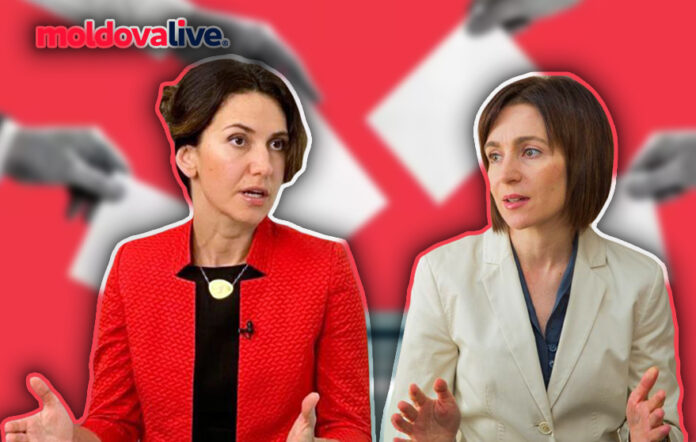President Maia Sandu seeks clarity regarding the appointment of the date for the presidential elections. The head of state has submitted to Parliament the draft amendment to the Electoral Code, which was passed by Parliament at the end of last year. At the same time, Maia Sandu also wants an interpretation from Parliament regarding the start of the electoral period for the presidential elections.
The President believes that the current version of the amendments to the Electoral Code, voted on by Parliament, cannot be promulgated for the following reasons.
“According to Article 80, paragraph (1) of the Constitution of the Republic of Moldova, the mandate of the President of the Republic of Moldova begins at the moment the oath is taken by the person elected to this position and ends exactly 4 years from the date of taking the oath. Thus, in establishing the election date for a new President, it must be taken into account not to exceed this 4-year period, except, possibly, with the period necessary for the conduct of new elections. I believe that, in the adopted wording, the election date for the position of President of the Republic of Moldova can be set much too late. However, for the predictability of the electoral process, as well as for the organization and conduct of free, fair, and transparent elections, that date must be set earlier than at most 90 days before the day of the elections.
FOR THE MOST IMPORTANT NEWS, FOLLOW US ON TWITTER!
Setting the respective date in advance is beneficial for both voters, candidates, and political parties, who will be able to determine their course of action if necessary, as well as for public authorities and electoral bodies, who will have the necessary time to establish the exact calendar in which they must fulfill their duties. In case the reasoning of the wording of paragraph (1) of Article 135 of the Electoral Code refers to fitting the date of adoption of the Parliament’s decision to establish the election date within the circumstantial period of the electoral period as defined in Article 1 of the electoral law, the opportunity to reformulate the wording of paragraph (1) of Article 135 of the Electoral Code by delimiting the moment of the Parliament’s decision from the date of its entry into force could be analyzed, with the adjustment, if necessary, of the notion of “electoral period,” Maia Sandu considers.
The Chairman of the Legal Committee in Parliament, Deputy Olesea Stamate, stated that the presidential elections could be organized, most likely, in mid or late October 2024.


